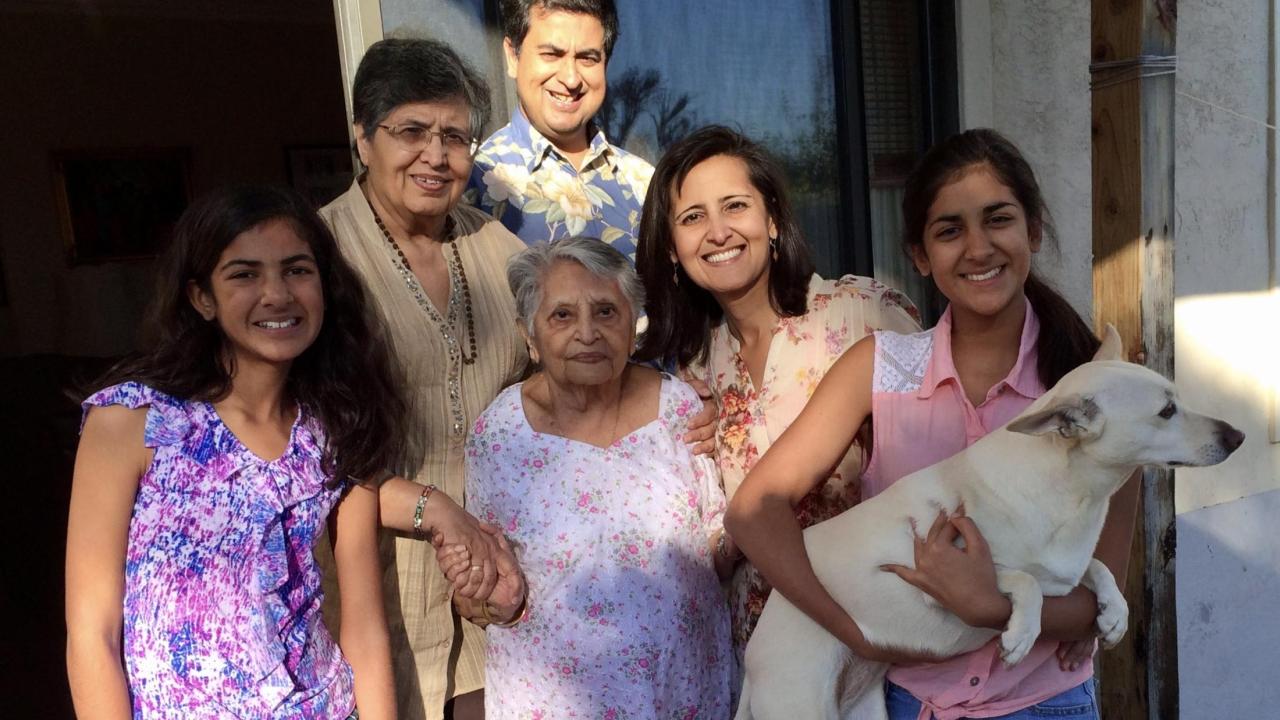
UCSF, UC Davis, UC Irvine, NAPCA, ICAN and Other Community Partners Collaborate to Launch the First Research Registry for Asian Americans and Pacific Islanders
How can Asian Americans and Pacific Islanders benefit from scientific research? Researchers at the University of California need you and your community to support the efforts.
"UC San Francisco, UC Davis, UC Irvine, National Asian Pacific Center on Aging (NAPCA), International Children Assistance Network (ICAN) in partnership with over twenty community partners serving diverse Asian Americans and Pacific Islanders (AAPI) communities in California and nationwide, is pleased to announce the launch of the Collaborative Approach for AAPI Research and Education (CARE) research registry. The CARE registry team reflect multiple diverse AAPI cultures and languages. CARE is an opportunity for AAPI to participate in important research that may affect ourselves, our parents, children and grandchildren. Some of the important research may contribute to finding cures for and/or ways to prevent you and your loved one from getting Alzheimer’s disease and other dementias.
Although AAPI comprise more than 6% of the U.S. population and is the fastest growing racial group, they are among the least represented groups in health sciences research. A recent 2019 research paper published in JAMA Network Open revealed that between 1992 and 2018, the National Institutes of Health invested less than 1% of the overall budget to support clinical studies for AAPI research. Studies have shown that in the general population, 1 in 3 persons will have Alzheimer’s disease in their lifetime, and 1 in 3 adults aged 65 years and older will die from Alzheimer’s disease or related dementias. However, we do not know if this level of risk is true for AAPI due to limited available data. Therefore, it is imperative to engage and increase AAPI participation and representation in research, so that research findings will be applicable and of benefit to the AAPI community."
